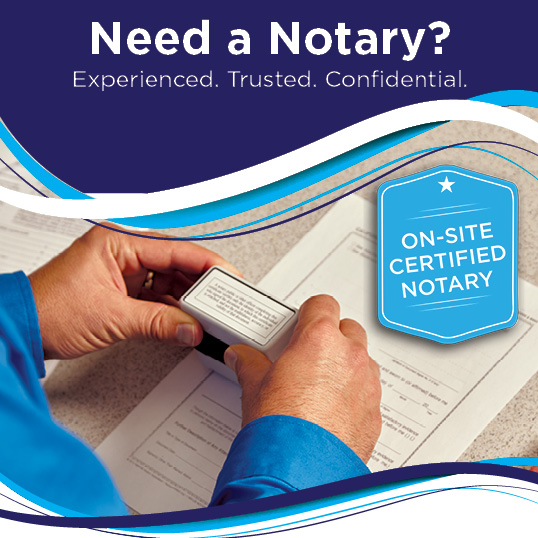Recognizing Apostille: Simplifying International Document Legalization
Recognizing Apostille: Simplifying International Document Legalization
Blog Article
Demystifying Notarial Work: Simplifying the Duty and Relevance of Notaries
In the elaborate internet of lawful documentation and confirmation, notaries stand as pillars of assurance and credibility. Their role, typically shrouded in mystery for several, carries significant weight in making sure the legitimacy and honesty of important records. As guardians of validity and fact, notaries play a pivotal part in our society, yet their work is not always completely comprehended. By unraveling the intricacies dropping and bordering notarial techniques light on the value of their acts, a more clear understanding arises of the vital function notaries play in maintaining the material of contractual and lawful arrangements.
The History of Notarial Work
Just how did notarial job progress in time to become an essential component of lawful and company purchases? The history of notarial job go back to ancient human beings, where scribes played an important role in videotaping crucial information and confirming papers. As societies advanced, the demand for a much more formalized system to guarantee the legitimacy of contracts emerged. This caused the development of notaries, individuals assigned by the state to serve as impartial witnesses in legal issues.
Throughout the Middle Ages, notaries acquired prestige in Europe, with their features expanding to include composing lawful files, accrediting trademarks, and preserving documents. The rise of international profession even more emphasized the value of notarial operate in verifying agreements and contracts across boundaries.
In the modern period, notaries continue to play an important function in legal and organization transactions by verifying identities, confirming the credibility of records, and preventing fraud. Their duty in certifying the validity of agreements includes a layer of safety and security and depend the ever-evolving landscape of business and regulation.

Responsibilities and Responsibilities of Notaries
Notaries play an essential role in verifying the authenticity of documents and the identity of signatories. One of their main duties is to witness the finalizing of crucial documents, such as wills, actions, and contracts, to make sure that all parties are getting in into contracts knowingly and voluntarily.
They license duplicates of initial records, giving guarantee to institutions that the copies are true reproductions of the originals. Generally, the tasks and obligations of notaries are necessary in safeguarding the integrity and validity of numerous papers and purchases - Deceased Estate.
Notarial Certificates and Signatures
Exhibiting careful interest to information, notarial certificates and signatures function as essential components in confirming the credibility of legal files. Notarial certificates generally consist of essential details such as the date of registration, the names of the signatories, a description of the record, and the notary's official seal. These certifications offer a clear document of the read this article notarial act, guaranteeing that the file can be easily recognized and traced back to the notary who looked after the procedure.
Signatures play a crucial duty in notarial work, as they indicate the arrangement and approval of the celebrations entailed. Notaries meticulously witness the signing of files to verify the identification of the signatories and verify that they are signing of their very own free choice. By affixing their main seal and signature to the record, notaries accredit that the essential procedures have actually been complied with which the file is valid and enforceable.
Basically, notarial certificates and trademarks are the hallmark of credibility in lawful deals, offering guarantee to all parties involved that the records are genuine and binding.
Relevance of Notarial Acts

Notarization Process Described
The notarization process normally starts with the private offering the record to a notary public. As soon as the identity is confirmed, the notary makes sure that the specific signing the document does so willingly and without any kind of browbeating.

Verdict

Notarial certificates usually have important information such as the day of registration, the names of the signatures, a summary of the paper, and the notary's official seal. These certificates provide a clear document of the notarial act, ensuring that the file can be conveniently determined and traced back to the notary who looked after the process.
By fastening their main seal and signature to the record, notaries accredit that the needed treatments have been adhered to and that the paper is valid and enforceable.
By confirming the identification of the signatures, confirming their desire to get in right into the contract, and certifying the day and place of the signing, notaries play a crucial duty in supporting the validity of legal documents.After the document is authorized, the notary will certainly attach their main seal or stamp onto the file.
Report this page